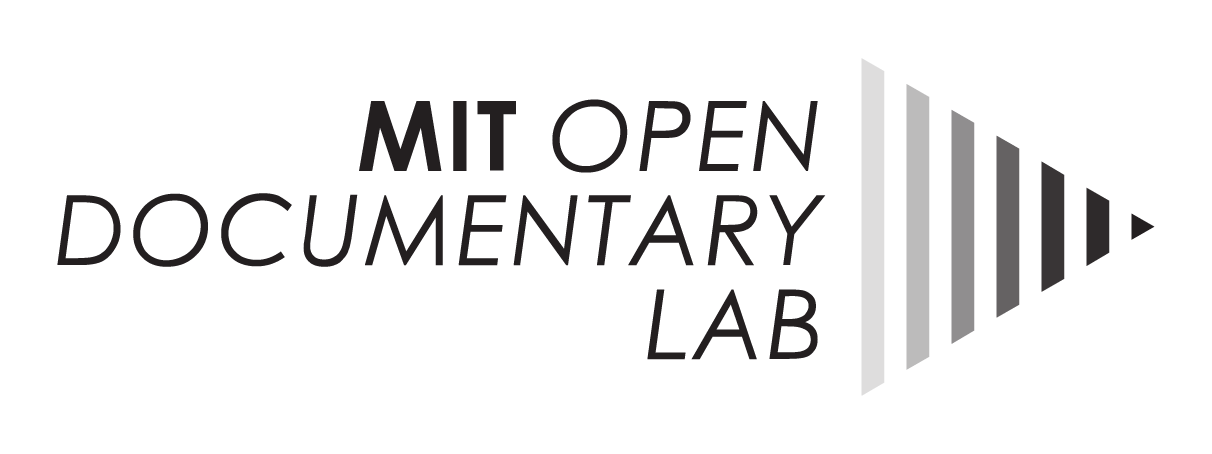10 Feb Update or Die Conference
A one-day conference curated by the MIT Open Documentary Lab and Phi Centre, in collaboration with IDFA DocLab and the Netherlands Institute for Sound and Vision. Unstable platforms, rapidly changing technologies, and shifting investment priorities are the new normal in today’s media landscape. As attention turns to the next big thing, digital games, artwork, interactive news features, and web-based documentaries made as recently as five years ago face obsolescence. The Massachusetts Institute of Technology (MIT) Open Documentary Lab and Phi Centre curated a one-day multi-disciplinary conference to discuss the pressing issue of disappearing digital documentaries.
CONFERENCE SCHEDULE
May 5th, 2017
8:00 – 9:00 Registration and breakfast
9:00 – 9:05 Welcome – Myriam Achard (PHI Centre) & Sarah Wolozin (MIT Open Documentary Lab)
9:05 – 9:20 Opening Keynote – Prof. William Uricchio (MIT Open Documentary Lab) | Preserving a Precarious Ecosystem: Assessing the Needs of Interactive Documentaries.
9:20 – 9:40 Caspar Sonnen (IDFA) & Erwin Verbruggen (Netherlands Institute for Sound and Vision) | A Short Introduction to the Interactive Documentary Canon
9:40 – 10:00 Rick Prelinger (University of California, Santa Cruz/Prelinger Archives/Internet Archive) | Perishable Practices: Preserving New Documentary Forms in a Post-Archival Moment
10:00 – 10:05 Q&A
10:05 – 10:25 Zachary Kaplan (Rhizome) | Preserving Performative Media
10:25 – 10:30 Q&A
10:30 – 10:50 Patricia Falcao (Tate) | Preserving Digital Artworks at the Tate
10:50 – 10:55 Q&A
10:55 – 11:15 Jepchumba (African Digital Art) | Digital Colonialism: Erasure and Digital Memory
11:15 – 11:20 Q&A
11:20 – 11:40 Henry Lowood (Stanford University) | Replay: Games, Performance and Preservation
11:40 – 11:45 Q&A
11:45 – 12:05 Brett Gaylor (Mozilla) | 404 vs 410: A Tale of Documentary Horror and Redemption
12:05 – 12:10 Q&A
12:10-12:30pm Jason Scott (Internet Archive) | Dead Man Beeping: Shouts from the Cutting Edge of Web-based Emulation
12:30-12:35 Q&A
12:35 – 1:45 Lunch Break
1:45 – 2:05pm Vincent Morisset (AATOAA) | The Resurrection of ZIG
2:05 – 2:10 pm Q&A
2:10 – 2:30pm Christiane Paul (The New School, Whitney Museum of American Art) | Conserving Context: Approaches to Preserving Digital Art
2:30 – 2:35pm Q&A
2:35 – 2:55pm Caspar Sonnen (IDFA) & Erwin Verbruggen (Netherlands Institute for Sound and Vision) | (Im)possible Approaches to Preserving Interactive Media
2:55 – 3:00pm Q&A
3:00-3:10pm Coffee Break
3:15 – 4:05pm Panel 1 – HIGHRISE: A Case Study
In this panel, leading producers and preservationists will discuss ideas, methods, and challenges to preserving the National Film Board of Canada’s 7-year many media project, Highrise. A project comprised of many smaller projects using cutting-edge technologies, live performances, and installations, the challenge becomes not only how do you save each individual project but how to preserve the project as a whole. It’s a puzzle every step of the way. Leading technologists from Rhizome and Ubisoft and decision makers from NFB and Arte will discuss tactics as well as resources and policies within their institutions.
Moderator: Sarah Wolozin (MIT Open Documentary Lab)
Speakers: Marianne Lévy-Leblond (ARTE France), Marc Bramoullé (Ubisoft), Hugues Sweeney (ONF), Mark Beasley (Rhizome), & Katerina Cizek (MIT Open Documentary Lab)
4:05-4:25 Jean Gagnon (La Cinémathèque québécoise) | Memory Loss
4:25 – 4:30pm Q&A
4:30 – 5:30pm Panel 2 – Policy, or Planning for Posterity
Policies help societies to systematize, to prioritize, to protect … to make things happen. And in the realm of preservation, they need to multitask. Policies allocate responsibility, defining which institutions should care for these fragile cultural forms, and how the task will be funded. They can help to set frameworks for determining what should be saved, and how will be available. They can shape notions of adequacy for conservation and access. And they can help to settle thorny issues around user data and user-generated content unique to interactive documentaries. These issues, as well as the role of the larger documentary community (makers, technologists, critics, curators) in shaping policies, will form the focus of this panel. How can we assure that policies are inclusive rather than exclusive? That they reflect the values of the people who create them? And how can we most effectively craft policies to preserve these still early days of a new form and keep these projects accessible to future generations?
Moderator: Julia Kaganskiy (The New Museum)
Speakers: Dr. Nancy Y. McGovern (MIT Libraries), Janine Steele (ONF), Chance Coughenour (Google Arts & Culture), & Monique Simard (SODEC)
5:30 Closing remarks – Prof. William Uricchio (MIT Open Documentary Lab) | Summary of the Update or Die conference
5:45 End



